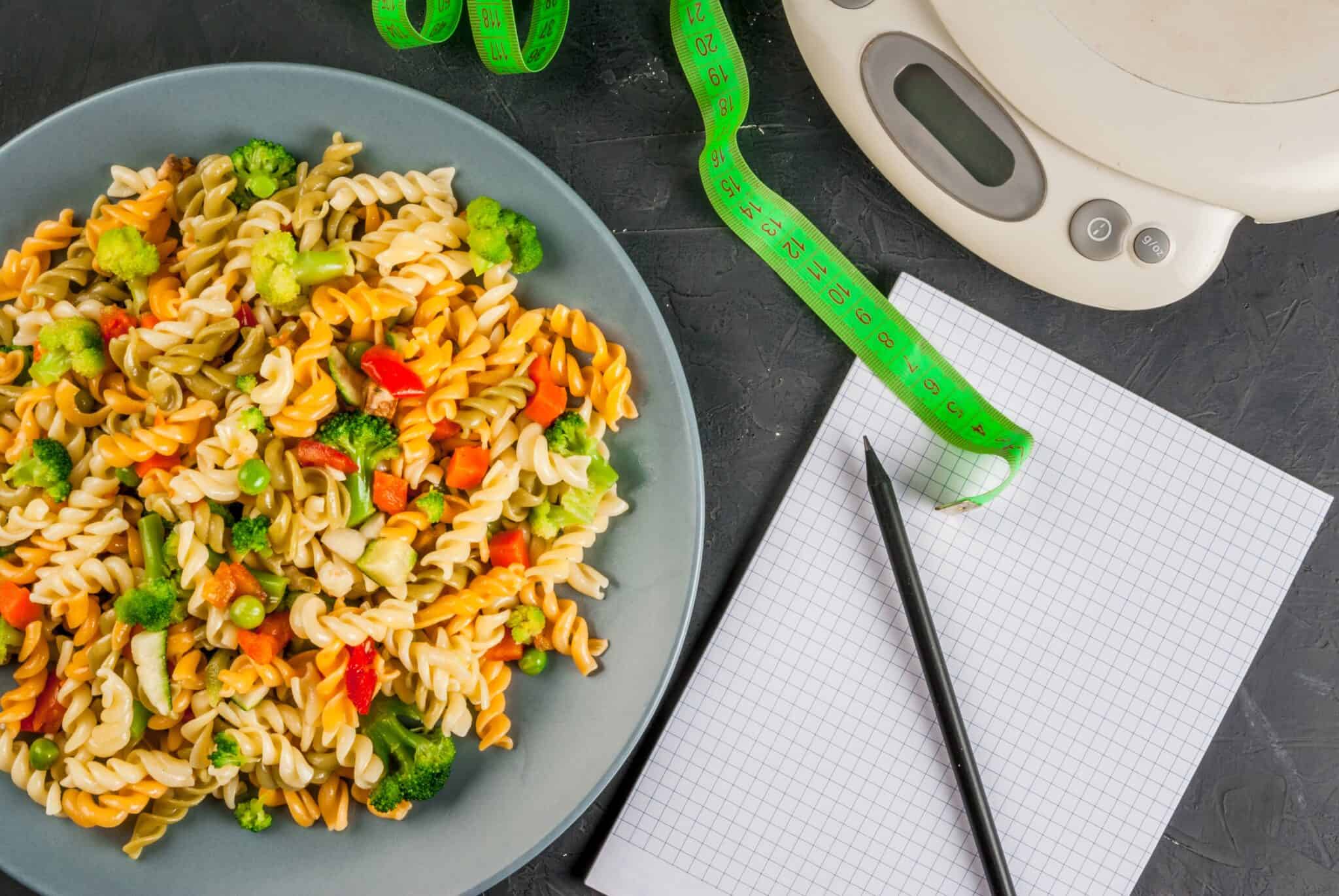Blog

How to support someone with an eating disorder
What to say and what not to say when your loved one is recovering from an eating disorder
Eating disorders are incredibly isolating illnesses – as a result, social support is fundamental to recovery.1 However, worrying about what to say (or what NOT to say) to a friend or family member with an eating disorder can feel really overwhelming. In this article, we go through some DOs and DON’Ts that can help you to feel more confident in acting as a supportive force in your loved one’s recovery.
DO learn what you can about their eating disorder
Eating disorders are complex and they vary from person to person – no two eating disorders are the same. Researching and attempting to understand what your loved one might be going through demonstrates that you truly care about them. Eating Disorders Families Australia and Eva Musby have a great list of resources for friends and family of a person with an eating disorder to get you started.
DON’T try to be a ‘fixer’
This one is important: it’s not your responsibility to offer solutions or force your loved one to change – in fact, this approach is actually pretty unhelpful! Leave the advice-giving to their treatment team and instead focus on offering support and encouragement.
DO listen without judgement
Give your friend or family member a safe space to talk about how they’re feeling without interruption or judgement. Avoid tiptoeing around the eating disorder; many individuals report finding it unhelpful for people to treat their illness like the elephant in the room.1 And remember that it’s okay if you don’t know how to respond! Saying something like “I’m not really sure what to say to help you but I’m here for you” is often enough.
DON’T try to scare or blame them into recovery
You might think that if your loved one only knew how much they were hurting themselves and the people around them, they would be able to “snap out of it”. This couldn’t be further from the truth! Eating disorders are complex illnesses that can’t just be switched off at will.
Additionally, guilt and anxiety run rampant in eating disorders. Believe that they know the potential consequences of their illness! Making the person feel additional fear or shame will likely just lead them to become increasingly isolated.
DO be patient
Recovery from an eating disorder is not a quick fix. It takes time and relapse is a normal and expected part of recovery. Don’t lose patience if it seems like your loved one isn’t making progress!
You may also find that at certain points in their treatment, the person might try to push you away – this is their eating disorder fighting back against their recovery. Reminding them that you’re there for them and that you’re not going anywhere can be incredibly encouraging.
DON’T make comments about their appearance (or your own!)
This applies at all times but especially around someone with an eating disorder! Expressing concern about how thin your loved one looks can act to encourage the eating disorder and saying they look “healthy” or “well” can be interpreted as a comment on their weight.
Additionally, be mindful of the way you talk about food or your body – comments about weight can be incredibly triggering, regardless of who they’re directed towards.
DO take care of yourself too
This is an incredibly difficult situation to be in. Please seek support for yourself if you need it.
If you remember what air travel is like (it’s been a while for most of us!), the safety briefing always reminds us to put our own oxygen mask on before helping others. This applies in other aspects of life too – we can’t take care of others if we don’t take care of ourselves.
This is particularly important in eating disorder recovery, as the difficulty to cope of the people surrounding them can unfortunately add to the distress of the person with the eating disorder.2
Many eating disorder organisations offer services for support people. For those living in the UK, Beat offers support groups, coaching services and helplines. A Google search of “eating disorder carer support” followed by your country or city can help you to find services local to you.
The takeaway message here is to just treat your loved one (and yourself) with compassion and care, and simply be there for them through this difficult period of recovery.
Our expert dietitians at Embody Health London specialise in nutrition counselling for eating disorders. To learn more about how we can support you, book in a free enquiry call with us.
Karli Battaglia MDiet, APD
EHL Team x
References
- Linville D, Brown T, Sturm K, McDougal T. Eating Disorders and Social Support: Perspectives of Recovered Individuals. Eating Disorders. 2012;20(3):216-231.
- Treasure J, Nazar B. Interventions for the Carers of Patients With Eating Disorders. Current Psychiatry Reports. 2016;18(2).














